|
by Keith Watson for METRO
The actor, 37, on the melancholy of playing the young Morse in Endeavour, why he’d be good at general knowledge and dealing with gore directing Casualty How would you sum up Endeavour’s personality? I heard the phrase ‘an ineffable melancholy’ the other day and that seemed a perfect fit… That’s really strange because I read that phrase just the other day too — in a Paul Auster book, I think. Where did you hear it? Bizarrely, in a documentary about early Bee Gees lyrics. Oh… that’s curious. I’d say I think the melancholy is really Endeavour’s way of responding to life — all the s***ty things that happen in the job that he does and all the minutiae he has to deal with on a daily basis. So is it a good way to describe him? I could give you a really long answer but… ‘an ineffable melancholy’? Yes, let’s go with that. Endeavour haunts the dreaming spires of Oxford. Were you ever tempted by the academic life? Not really. I don’t think an academic life would have suited me. It can feel quite restrictive, in a way — you have to have the right type of personality. I like a bit of mental chaos. You must pick up a lot of Endeavour’s knowledge of the classics. How would you get on in Celebrity Mastermind? I’d really struggle because I’m a jack of all trades and a master of none, so I’d have absolutely no chance with a specialist subject. One of the things I most enjoy about my job is that you get to learn a little about a lot of different things, so I reckon I’d have a good crack when it came to the general knowledge round. There are some pretty graphic murder images in Endeavour. Anything turn your stomach? No, I don’t mind all that. I used to read all the Stephen King novels when I was younger, so I’ve got a pretty strong stomach for all that. I’m working on Casualty as a director at the moment and on the set there you’re having to do things like push bits of intestine, muscle and guts back into stomachs — all kinds of gruesome stuff like that. It’s actually a pretty funny thing to do, you can’t let it bother you. How did you wind up going behind the camera? Well, if you don’t ask, you don’t get. I’d wanted to try my hand at it for quite a while and a friend knew they [the team at Casualty] were looking and he put me in touch with them. It’s an unusual route to get into directing. Hadn’t you thought of doing your own indie film? That’s a plan for the future. I’ve always been interested in doing as many different things. I want to learn as much as I can about storytelling and whether that’s on stage or television, it’s about being part of a team. With Casualty there’s no better place to learn than with a team that knows the job inside out. And in contrast to an indie film, with Casualty you know a big audience is going to see it on Saturday night TV. Which directors inspire you? All the usual suspects, I guess. I do really admire Hungarian director István Szabó. But actually I’ve been influenced most by working with the directors on Endeavour. It’s the people I work with that I find the most inspiring. There’s a strong sense of time passing in Endeavour. Does that make you pause and reflect? It’s a really essential part of what we’re doing and what’s going on — we keep coming back to that when we talk about each series. The way the politics of the time is reflected on one level, then on a personal level for the characters, there’s inevitably the feeling of life passing by, of missed opportunities. How we reflect that is always an ongoing conversation when we come to make a new series. Do you think about the end of Endeavour? At some point we’ll get to the Doctor Who moment when Endeavour morphs into Inspector Morse… Yes, there’s no sense of jeopardy with Endeavour to that extent — we know where things are heading. Do you look forward to that moment with anticipation or sadness? It doesn’t make me feel sad because I know I’ve been incredibly lucky to have been allowed to be a part of this. So there’s no sense of regret or anything like that. I feel grateful for the opportunity for as long as it lasts.
4 Comments
by Reece Goodall - The Boar
The fifth season of Endeavour has now come to a close, and it has been a phenomenal run of television, mixing compelling characters with engaging plots. ‘Icarus’ continues that run, offering an interesting case and a lot of emotional heft, delivering on the series’ plot threads and wrapping up on a note that means the recently-commissioned sixth season can’t come soon enough. Morse is sent on an undercover assignment to Coldwater, a forbidding boys’ public school, with WPC Trewlove acting as his wife. His mission is to discover what happened to the man he replaced, a teacher named James Ivory, who has vanished without a trace, a case that has attracted Superintendent Bright’s attention after the mysterious death of the former investigating DI. As Morse begins to unravel the school’s secrets, the rest of the force has other things on its mind. The police station is soon to be closed, and Thursday is still thinking about retirement – his hopes of bringing down Eddie Nero and Cromwell Ames may not be realised quite as he’d hoped, however, as a tragedy rocks the station. There was so much packed into ‘Icarus’ that it’s hard to know where to start. The case this episode is a strong one, pitting Morse against some typically unpleasant students, and his sense of decency takes somewhat of a pummelling. The staff are not particularly helpful, save the gentle Mr Bodnar (Andrew Buckley), and it soon transpires that Coldwater may not be the best place for helping fashion these young boys into men. It’s an interesting and twisty case, but it’s not really where the focus of ‘Icarus’ lies. The Thursday plotline really came to a head this week. In perhaps the most unsurprising plot occurrence ever, Phil Daniels returned as Charlie and revealed that he had lost all of Fred’s investment money from earlier in the series. It also transpires that Charlie was pushed by the lowlifes he owed money to to use his business as a front for fraud, effectively casting a shadow over Fred for the rest of his life. When he breaks the news to Win, she is furious and leaves him – only a reconciliation with Joan helps raise his spirits as he realises his career will have to be a lot longer than he’d hoped. The Eddie Nero-Cromwell Ames clash also hit breaking point in ‘Icarus’ – Thursday and Strange manage to track down Ames and arrest him, but they’ve nothing to hold him on. They warn Nero and Ames against doing anything rash, but neither man listens, culminating in a gunfight at Nero’s bar between two rival gangs. Although the spectre of Nero has rocked up throughout the series, Ames has been a bit of an under-developed presence – for him to be dispatched so quickly was a bit of a shame, and meant his supposed threat never really materialised. This clash had another, more tragic element to it (spoiler alert) – after having to release Ames, Thursday gets Fancy to follow him. Fancy calls in Ames’ arrival at the bar but, when the police arrive to stop it, they find that Fancy is among the dead. Earlier in the episode, Fancy is unhappy with Morse and Trewlove’s masquerade – we see him buying a ring for her – only to be told by Morse to grow up and concentrate on his police work. This is a rebuke that he soon regrets. Fancy’s death also sets up one of the series’ lingering plot threads, as Dr DeBryn tells Morse that the bullets do not match any of the guns at the crime scene – someone else killed Fancy, and the force are determined to find out who. Trewlove, meanwhile, puts in a transfer request – it will be a shame to say goodbye to Richards, who has frequently been the only person on par with Morse. ‘Icarus’ is a strong end to a very strong series of Endeavour – we have a case, but the emotional heft is what carries this episode. It really speaks to the incredible scripts and the top-quality acting (Shaun Evans and Roger Allam have been amazing leads) that we care so much about these characters and what will happen to them. The sixth season cannot come soon enough. ITV Press Centre
ITV recommissions hit detective drama, Endeavour ITV has commissioned a sixth series of hugely popular detective drama, Endeavour, following successful ratings and critical acclaim for the fifth series. Produced by leading indie Mammoth Screen, the smart and savvy Inspector Morse prequel charts the career of Endeavour Morse as he rises up through the ranks, with each feature-length film investigating a new intricately plotted case. The new set of films will see Shaun Evans reprise his titular role as DS Endeavour Morse, and celebrated stage and screen actor Roger Allam return as mentor DI Fred Thursday. Each story will be written by Russell Lewis, who contributed to Inspector Morse and has written each of the 23 Endeavour screenplays so far. Receiving praise from critics and viewers alike, the drama has gone from strength to strength since its first outing as a one-off film in 2012 to mark the 25th anniversary of Inspector Morse on ITV. The latest series launched with consolidated figures of 6.7m and 25% a share, with the consolidated figures for the first four films the highest for three years. Filmed in and around Oxford, the new set of films will be set in 1969 and go into production later this year for transmission in 2019. Mammoth Screen’s Damien Timmer executive produces, alongside writer and creator Russell Lewis and WGBH’s Rebecca Eaton. Deanne Cunningham (Cold Feet) will produce the new series. Creator, Russell Lewis said: “As our story reaches the last year of the 1960s, and mankind makes its giant leap, all at #TeamEndeavour look forward to exploring further early chapters in the casebook of Colin Dexter’s beloved creation.” ITV’s Head of Drama, Polly Hill added: “Endeavour continues to be hugely popular with ITV audiences and we’re delighted to be bringing viewers more films to enjoy. Thanks to Russell Lewis’s consistently intriguing scripts and the excellent production values at Mammoth Screen, it is a high quality drama that ITV is immensely proud of.” ITV Studios Global Entertainment distribute the drama internationally. Exclusive: Executive producer Damien Timmer gives us the inside scoop on the latest series of the Inspector Morse prequel – as well as a few hints at what we can expect in the future. Contains spoilers
By Huw Fullerton - Radio Times As well as being the usual head-scratching mystery for Shaun Evans’ troubled detective, the series five finale of Inspector Morse prequel Endeavour was also a massive gamechanger for the drama as a whole. With the Cowley CID team facing a very uncertain future and key characters seeming to say goodbye to the series forever, you might have thought things couldn’t get any worse – but then, the unimaginable happened… You see, the latest episode also included the shock death of Lewis Peek’s DC George Fancy, a new character introduced this year who was apparently caught in the crossfire of a gang war in the latter half of the story. After his death, Cowley police station was shuttered and the team found themselves headed to separate postings, while WPC Trewlove (Dakota Blue Richards) went off to pastures new and DCI Fred Thursday (Roger Allam) was forced to put off his retirement. So what’s next for the series? To find out, we caught up with Endeavour’s executive producer Damien Timmer who revealed that DC Fancy was doomed from the start, how real-life historical events influenced writer Russell Lewis’ finale, and exactly what we can expect for the newly-announced sixth series of the drama. Spoiler alert: the times, they are a-changin’. Hi Damien – there’s a bit of a shake up at the end of this series, with characters moving to different places. What was the thinking behind that? Because of the real life change in 1968 with the birth of Thames Valley Police, it felt creatively like a good time to challenge our characters and have them leave their police home. More pragmatically, we have had to leave our production base in Beaconsfield, and this is a chance for a new studio build in a new home. Russell Lewis enjoyed the idea of shaking it up, as you put it, because the dynamic between Endeavour, Thursday, Bright, Strange, has been set since series one. Now, five series into it, we rather enjoyed the fact that history forced us into a change in the dynamic. Did it need a refresh? In a very positive way, Russell takes our 1960s timeline very seriously, and since the pilot he has enjoyed locating particular Endeavour seasons and individual Endeavour stories very clearly in a particular time. So, for example, in series three, there was a story called Prey which was set in the time of the Six-Day War. In series five we have enjoyed glancing to real historical events – the assassination of Martin Luther King, for example, kind of informs one of the stories. We think it just gives it another layer. We’ve known for years, in truth, at some point that we’d have to leave the world of Oxford City police. We’ve rather enjoyed throwing things up in the air. So as the characters move to new stations, could it lead to us seeing some more modern policing techniques in any future series? Yes, I think it absolutely would. How would the characters we’ve grown to know and love still interact if they’re all working in different stations? Will we be meeting a lot of new characters? You’ll have to wait and see! It throws everything up in the air. And I suppose things land, pieces land in strange situations. And it might take some time to sort things out, and it’s possible that things are never quite the same again. We’ve really enjoyed spending quite a few years of the 1960s with that sort of police family, and seeing Endeavour develop in that, when in series one he is very much an outsider. Superintendent Bright, played by Anton Lesser, is incredibly suspicious of him. He’s a very isolated figure. And by the time you leave series five, he’s much more accepted by that group, and they have become a real police family. It feels interesting to put them all under this new pressure. Thursday seems to be retiring for most of the series, which had me pessimistically assuming he was going to die! Was there an attempt to lead the audience in that direction? Well, part of his arc for the series was Thursday coming to a point where it feels to him that the old order is changing. And for Win, his wife, this sense of emotional retirement is quite appealing. And it’s set up pretty early on in the series that his ne’er-do-well brother borrows money from him, and it was always there in Russell’s mind that that wasn’t going to work out, and be one of the factors that makes it difficult for Thursday to leave. And one of the things that the show has always been preoccupied with is the world changing around our heroes, and I think that’s very appropriate when dealing with a character like Thursday who has spent a very long time, has grown up in that Oxford City police force, and feels that perhaps this is time for him to take his leave. But events conspire against him. I don’t think that’s tricking the audience. I think that’s just, hopefully, a pleasing story. Of course, the death of DC George Fancy is one of the big shocks of the episode – was it always intended that he’d have that one-season arc? It was! Unfortunately for the very talented Lewis Peek, who plays him, yes, he was dead before he was written. Because we had six films this year, we knew we had a little bit more time to explore the different character dynamics. The feeling was we’d spent a lot of time seeing Endeavour as Thursday’s protégé, but that in a way that perhaps prefigures Inspector Morse, it was interesting to see Endeavour, since his promotion, play the part of a mentor himself. We liked the idea of a relationship with a young protégé that begins badly, then gets a little bit better but not very much better – Endeavour and Fancy were never a great love match. But that ended in tragedy. That was always Russell’s design. The final scenes of the episode suggest that the hunt for whoever killed him is the arc for the next series – is that the idea? It’s certainly something that will preoccupy the characters, yes. On a similar topic, is this the last we’ll see of WPC Trewlove, as played by Dakota Blue Richards? She heads off to join Scotland Yard in the finale This is the end of Trewlove for now – Dakota told us she wanted to leave at the beginning of last year, so we planned series five to give her the arc with Fancy and build to his demise and her leaving. But the door is always open for return appearances! For the next series, would you like to have another long six-episode run like you did this year, as opposed to the usual four? It’s a punishing thing, doing six films, because Russell Lewis writes every word. And writing 12 hours of new material is a really serious undertaking. It was never seen as becoming the norm, is my slightly obtuse answer. Some fans thought Endeavour was more like John Thaw’s Morse this series – was there an attempt to bridge the gap? I noticed that people seemed to feel that in various films. We’ve now made I think 23 films including the pilot, and across those we’ve wanted to show incrementally how the character could go from being this relatively fresh-faced young policeman to the character who we all know and love as John Thaw’s Inspector Morse. Were you to sit down and watch them all, I think you’d see a subtle yet certain gentle transformation there. He has become more forthright, or the people around him listen to him slightly more. He has become a little bit more sure of himself, and is perhaps quicker to anger than he originally was. But I think that’s been a creeping thing across the series. I think perhaps we felt it more this year because we’ve had six films instead of four. In classic episode Masonic Mysteries, Morse said his mentor was Inspector McNutt – is that a character we could see in Endeavour? Well, we already know McNutt’s fate from the Inspector Morse story Masonic Mysteries. With DCI Thursday, only Russell Lewis knows what happens to him – which I think raises the stakes in our Endeavour story. We know Morse’s fate, but we have to keep watching to find out Fred’s! Russell didn’t want to have McNutt at the beginning, because he had a very strong sense of Fred Thursday and the Thursday family. We absolutely love Fred Thursday, we love Roger Allam as Fred Thursday, Roger Allam enjoys playing him and I think the audience would now be incredibly shortchanged if Fred were to go and McNutt were to enter. That’s not to say that we won’t at some point meet Inspector McNutt – he has been mentioned onscreen hitherto, but he has not yet appeared. Looking forward, could you do any other Morse spin-offs, say about Laurence Fox’s Hathaway from Lewis? Hathaway was an extremely popular character! But we have truly, genuinely found the world of Endeavour that Colin Dexter showed us and which Russell has taken so much ownership of, has really kept us very creatively fulfilled. And we’re so happy being in that world for now. 23 films in, we’re still finding that very stimulating and we have no plans for anything like that. Endeavour is where our focus is. And finally – could you give us the inside scoop on all those clever references hidden away in Russell’s scripts every week? Russ enjoys sneaking in pop culture refs into his scripts, ranging from Kate Bush lyrics to Terry Pratchett. Some of them we spot, others only become evident on transmission. I love Chinatown, but hadn’t noticed where Thursday’s “Forget it sergeant, that’s Summertown” line came from until Twitter told me on transmission! Endeavour will return for a sixth series Happy Birthday, dear Shaun. Hope your day is filled with excitement, joy, and love. Thank you for being so beautiful, talented and inspiring.
By Reece Goodall - The Boar
Another week, another strong episode of Endeavour, although ‘Quartet’ feels somewhat different in places to the usual episodes this series – it’s that classic trope of crime shows, the spy episode. Secrets are concealed just because (although less so than in a typical spy episode, it must be said), and nobody is ever what they seem. In the backdrop of this, we all have a nice degree of character work and the groundwork really laid for the series finale. At an international sporting event, a competitor is shot and killed, leaving a little boy wounded in the crossfire. He is saved just in time by Dr DeBryn, and Morse is determined to find justice and the perpetrator. The investigation quickly reveals that the supposed assassin was also murdered, and the case takes on international ramifications as special branch arrive and take over. The rest of the force are content to leave the case alone, but Morse is committed to seeing it through, despite the potential risk to his own life. Meanwhile, as he deals with a case of suspected domestic abuse, DCI Thursday has come to a decision about his future on the force. ‘Quartet’ was, at times, more James Bond than Endeavour – we saw Morse being escorted about by government agents, breaking into a private compound and even sharing snarky comments with a Bond-style villain (German perfumier Sebastian Fenix (Mark Ready), though I’d be lying if I said I could really figure out where he fit into the plot). I enjoyed some of this stuff, and it makes sense for the Cold War to intrude upon 60s Oxford, but I did feel that it was perhaps getting a bit far away from what makes Endeavour tick (the same criticism was true of series 4’s ‘Harvest’ and the finale chase in the nuclear power plant). The main case contrasted massively with the one that occupied Thursday. He is concerned that local newsagent Joe Dozier (Andrew Paul) is inflicting vicious abuse on his wife Elsie (Mary Roscoe), and spends a bit of time trying to help the situation before Elsie winds up hospitalized. Thursday is keen that Elsie escapes the abuse before she winds up being killed – later, when he hears of a death at the house, he fears he may be too late. I expected this story to play out one of two ways, and I was completely wrong on both guesses – what started off on a predictable level evolved into the episode’s most compelling strand. It was also topped off with the news that nobody wanted to hear – Fred Thursday is retiring (and, presumably, that means we’re losing Roger Allam too). He tells Morse that he’s going to turn in his “tin star” because he’s uncomfortable with the newly-emerging world of bureaucrats interfering in investigations and thugs committing crimes – his dismay at the senselessness of the murder of the lorry driver in ‘Passenger’ gave us some hint of this. It’s possible this reaction may be probed further in ‘Icarus’ now that we have met Cromwell Ames – he appears at Eddie Nero’s bar, telling him that his time is up. Are we going to be seeing gang war in the final episode? And, more importantly (based on certain hints throughout this series), will Thursday make it to the end credits? Elsewhere, love has bloomed and vanished. Out on the river with Claudine, Morse sees Fancy and Trewlove sharing a kiss – tragically, his own love life was about to disappear. He is concerned early in the episode that she is planning to leave town – this fear is soon realised, leaving Morse to drown his sorrows at a bar and share another soap opera ‘will-they-won’t-they’ moment with Joan. On the supporting cast, it’s a typically strong showing – both Dozier and Paul Durden (playing Oxford English professor Alexander Richmond) now lay claim to be the only actors to have appeared in all three Morse shows, and Ellie Haddington puts in a very steely performance as a language tutor who may know a bit more than she first lets on. Although I enjoyed ‘Quartet’ and although it is a strong episode, it may be the weakest of this run so far simply because elements of it feel a bit out of place in the world of Endeavour. Still, it’s a typically compelling watch, and it only helps ramp up anticipation for the final episode in what has been an incredible run of TV. |
News Archive
September 2021
|
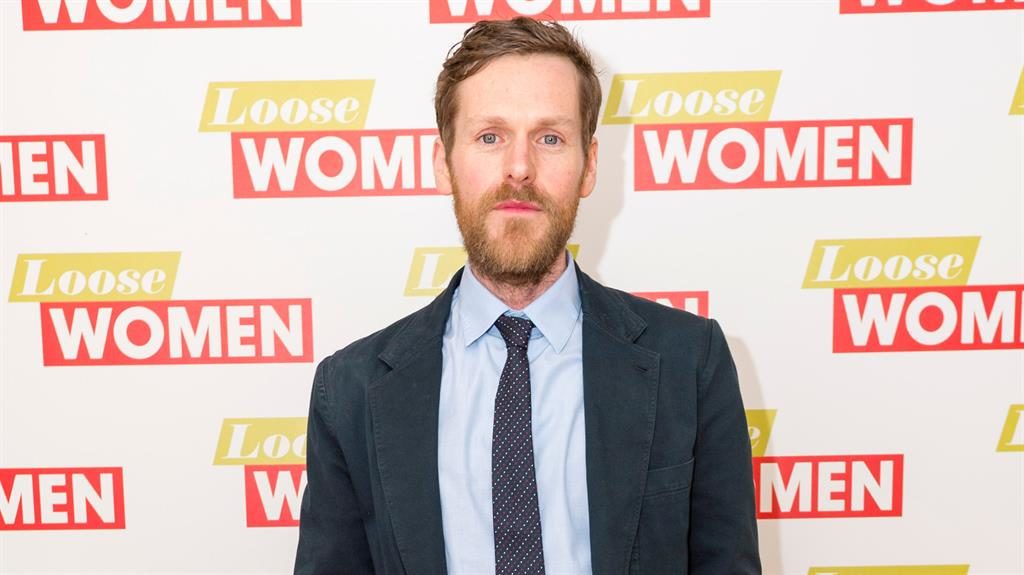
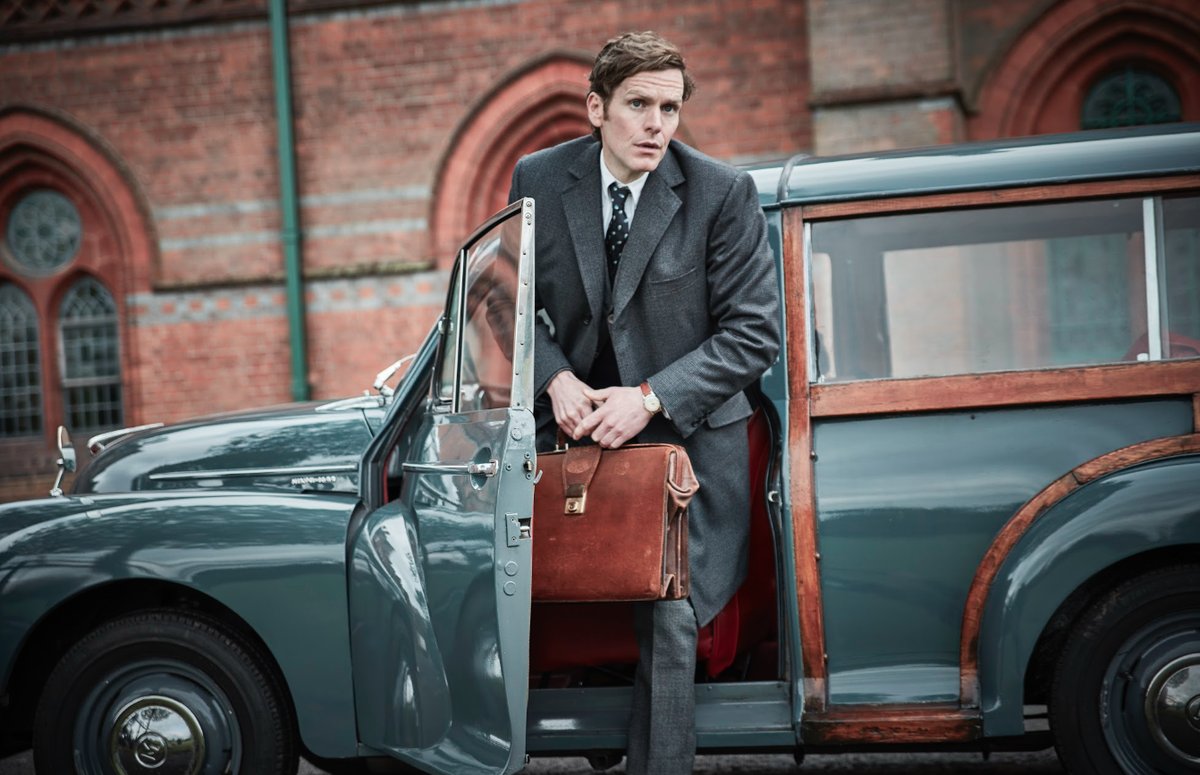
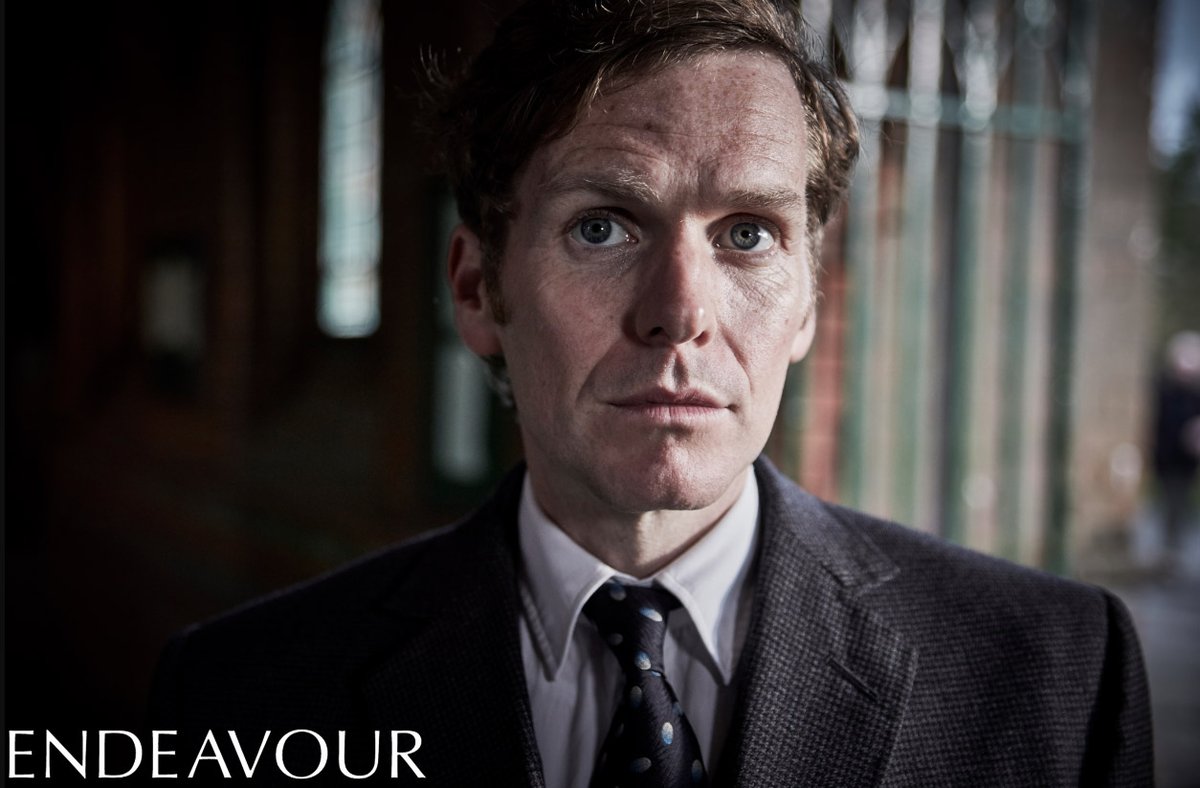
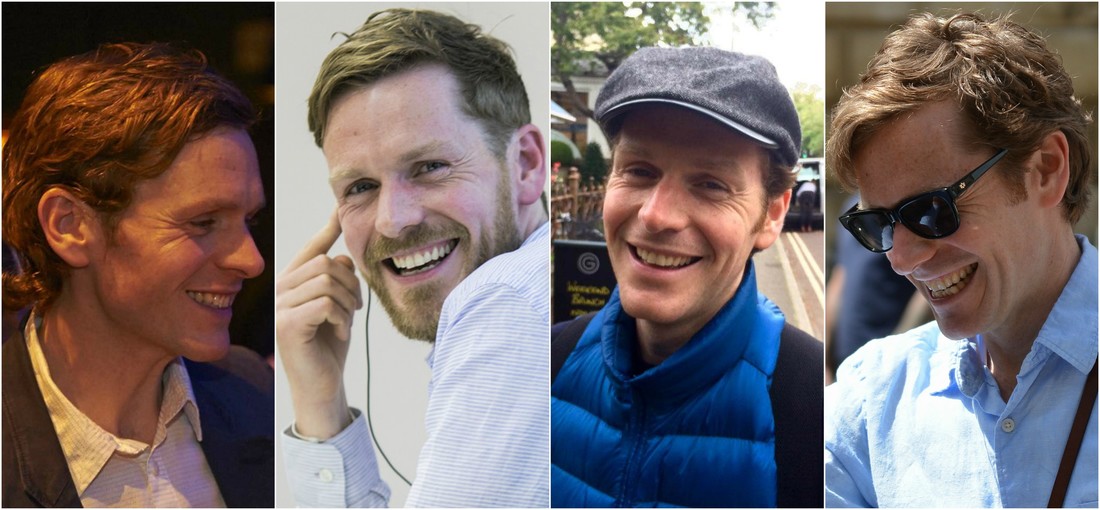
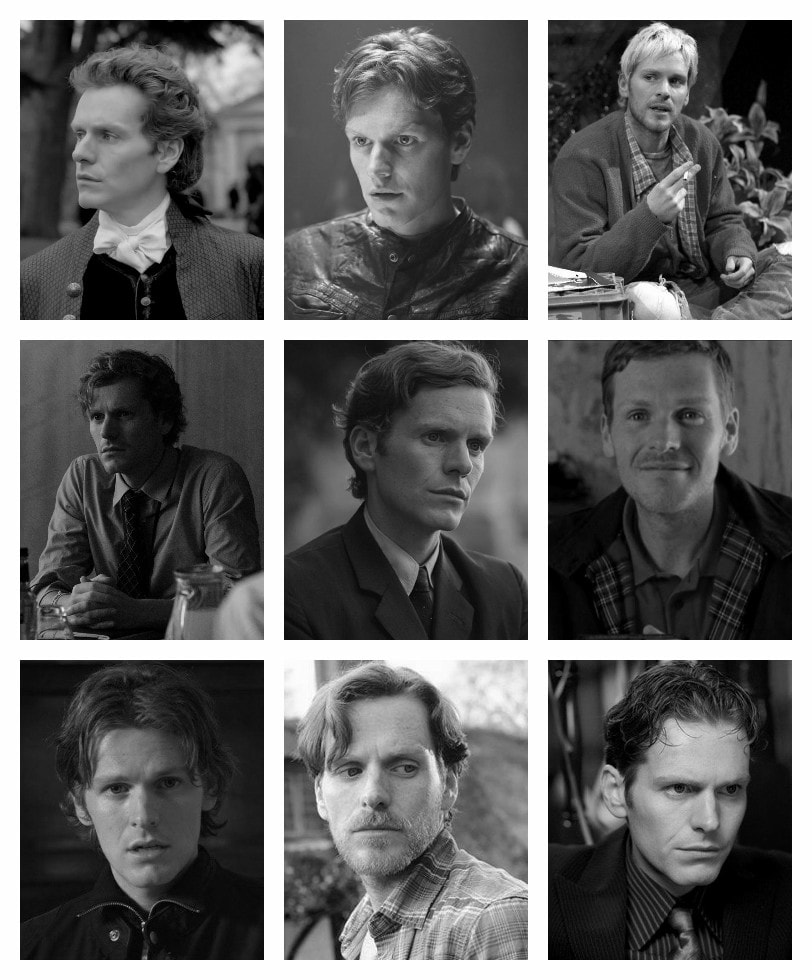
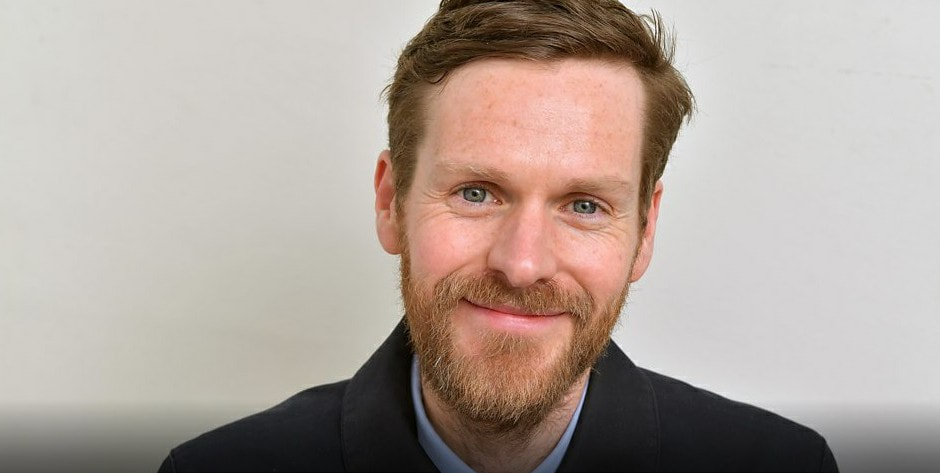
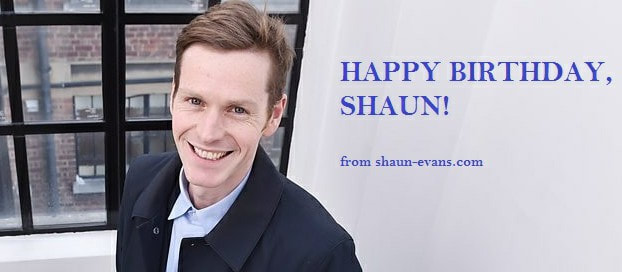
 RSS Feed
RSS Feed